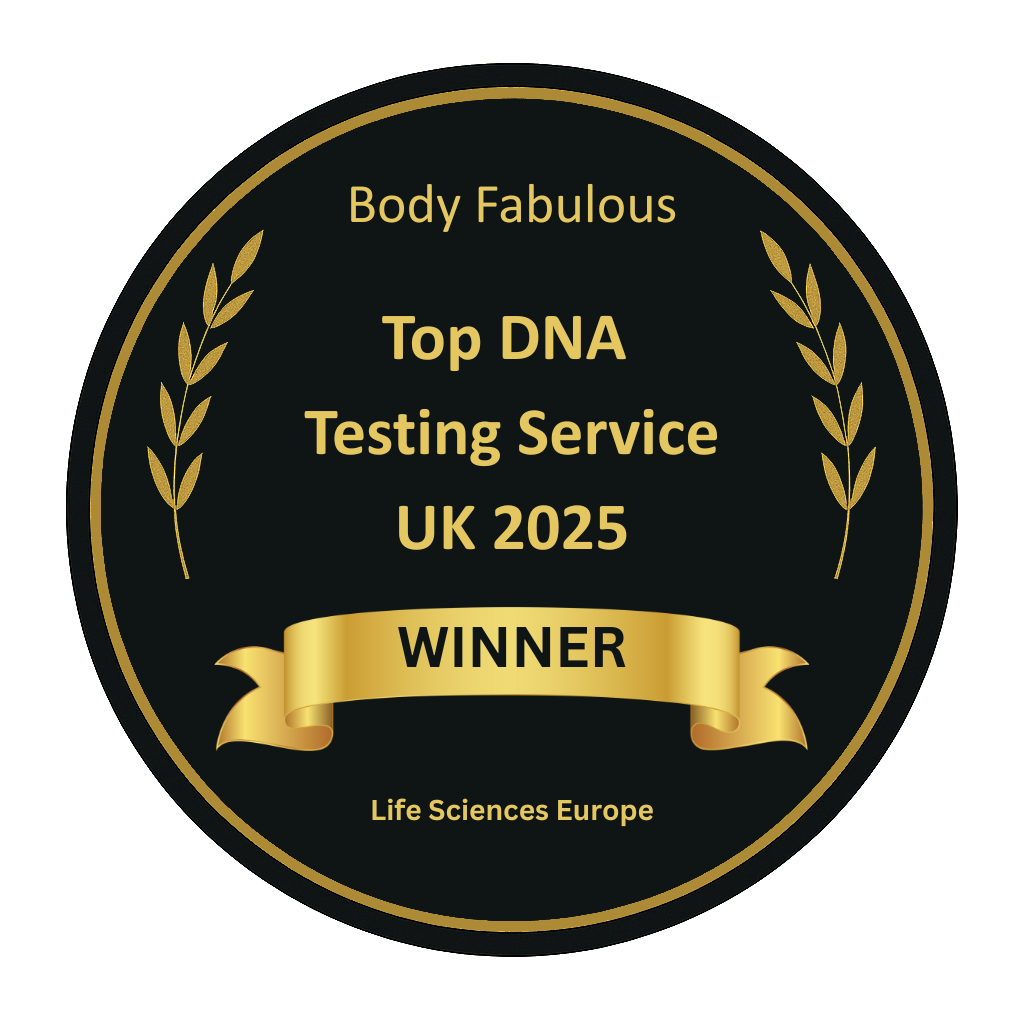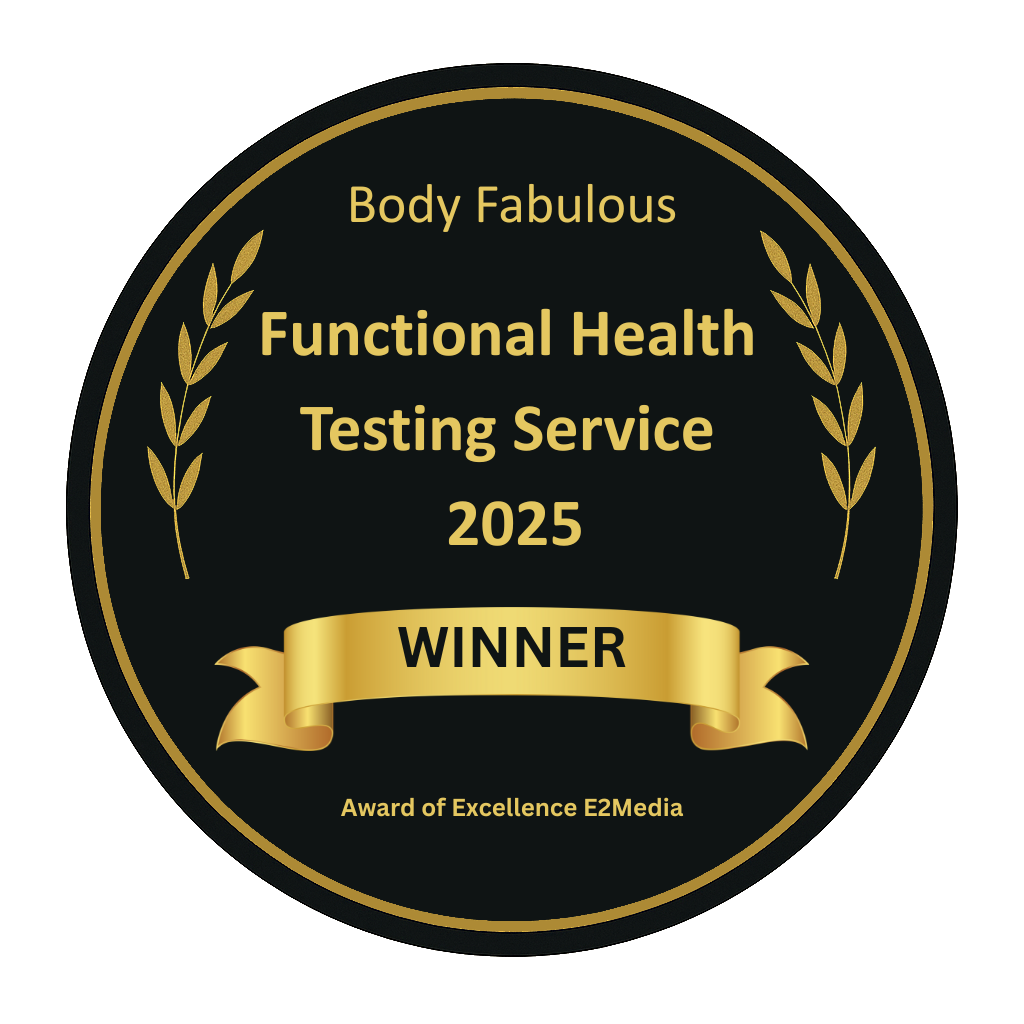Supplement Considerations for ADHD
/Whilst you can’t supplement your way out of any health condition, without considering diet, lifestyle and other factors such as genetics, gut health and toxin exposure, supplements can help improve cognitive function, such as focus and memory, reduce anxiety and support mood regulation in individuals with ADHD.
Omega-3
Known for supporting brain function and reducing neuroinflammation, omega-3s can help improve focus, attention and mood regulation in individuals with ADHD. They can also help regulate cortisol balance and adrenal function (stress response), which can become dysregulated in individuals with ADHD.
● Life & Soul Pure Omega-3 by Bare Biology: A highly bioavailable liquid form for quick absorption.
● Vim & Vigour: A plant-based algae option ideal for those on a vegan or vegetarian diet.
● Evaluate your omega-3 levels and omega-3:6 ratio with our Omega 3-6 Blood Test to understand your inflammatory balance.
Zinc
Zinc plays a role in neurotransmitter function and can support cognitive function, reducing impulsivity and hyperactivity in some individuals with ADHD.
● Zinc Capsules: Provide 30mg of zinc per capsule to support brain health and reduce ADHD symptoms.
Magnesium
Magnesium helps regulate the nervous system and can have a calming effect, reducing symptoms of restlessness, anxiety and irritability in people with ADHD. It also supports sleep onset and quality, which can be compromised in individuals with ADHD.
● Magnesium Glycinate: A good all-round option, well-tolerated by most people. Available as Capsules or Powder.
● Magnesium Citrate: Typically a good option for those struggling with constipation.
● Magnesium L-Threonate: Particularly beneficial for cognitive function and brain health as it has been shown to cross the blood-brain barrier and support memory and learning.
Iron
Low iron levels have been linked to ADHD symptoms. Supplementing with iron can improve cognitive function, attention and working memory.
● Testing: Ensure your iron status is within range with our Full Blood Test, which includes a comprehensive assessment of iron levels.
● Bioheme: Provides iron as iron bisglycinate, a gentle form of iron that’s easy on the digestive system. Enhanced with vitamin C and lactoferrin, it supports optimal iron absorption.
B Vitamins (especially B6 and B12)
B vitamins support neurotransmitter production and brain health, and can help improve focus, mood, and cognitive performance in those with ADHD. Some people struggle to methylate B vitamins, so choosing the right form is important.
● Nutrisorb Methyl B Complex: Provides a full spectrum of B vitamins in bioavailable, methylated forms for enhanced absorption.
● Testing: Consider our Ultimate Methylation Genetic Test to assess your body’s ability to metabolise B vitamins efficiently.
Probiotics
The intestinal microbiota and probiotics can influence brain activity, behavior and mental health, highlighting the gut microbiota and gut-brain axis as key areas of interest in ADHD pathophysiology. Probiotics support microbial balance, improve digestive health and enhance nutrient absorption, making them a valuable tool in managing ADHD, particularly for individuals with digestive issues.
● EnteroCare: Provides a full spectrum of digestive support including probiotics, prebiotics and L-glutamine for gut lining support.
● Testing: Consider our Gi360 Microbiome Stool Test to assess your microbial balance and digestive health.
L-Tyrosine
L-Tyrosine is a precursor to dopamine and norepinephrine, two neurotransmitters involved in focus, motivation and attention. Supplementing with L-Tyrosine may support cognitive function and reduce stress-related cognitive decline in individuals with ADHD.
● L-Tyrosine: Supports brain function and can help reduce stress-related cognitive decline.
Phosphatidylserine
Phosphatidylserine is a phospholipid that supports brain cell membrane function and helps improve memory, focus and cognitive function. It can also help regulate cortisol levels, reducing stress, which often exacerbates ADHD symptoms.
● Phosphatidylserine: Known for supporting cognitive function and reducing stress.
Key Takeaways
Supplements can offer valuable support for individuals with ADHD by improving focus, mood regulation and cognitive function, which can be life changing. Addressing nutrient deficiencies and genetic factors, such as low iron or impaired methylation, can help optimise daily functioning and provide effective symptom management. Since each person’s presentation, symptoms and underlying factors are unique, a personalised approach ensures their specific needs are met. Ultimately, a holistic strategy that integrates diet, lifestyle changes and targeted supplementation provides the most effective and comprehensive support for managing ADHD.
Disclaimer: It is important to note that while supplements can support symptom management in individuals with ADHD, they should not be considered as a replacement for professional medical intervention. Some individuals may require medical treatment or therapies in addition to supplements for optimal health and symptom management. Always consult a healthcare professional before beginning any new supplementation or treatment plan.
References
Iron deficiency and common neurodevelopmental disorders—A scoping review https://journals.plos.org/plosone/article?id=10.1371/journal.pone.0273819
Nutrition in the Management of ADHD: A Review of Recent Research https://link.springer.com/article/10.1007/s13668-023-00487-8
Use of Non-Pharmacological Supplementations in Children and Adolescents with Attention Deficit/Hyperactivity Disorder: A Critical Review https://www.mdpi.com/2072-6643/12/6/1573













